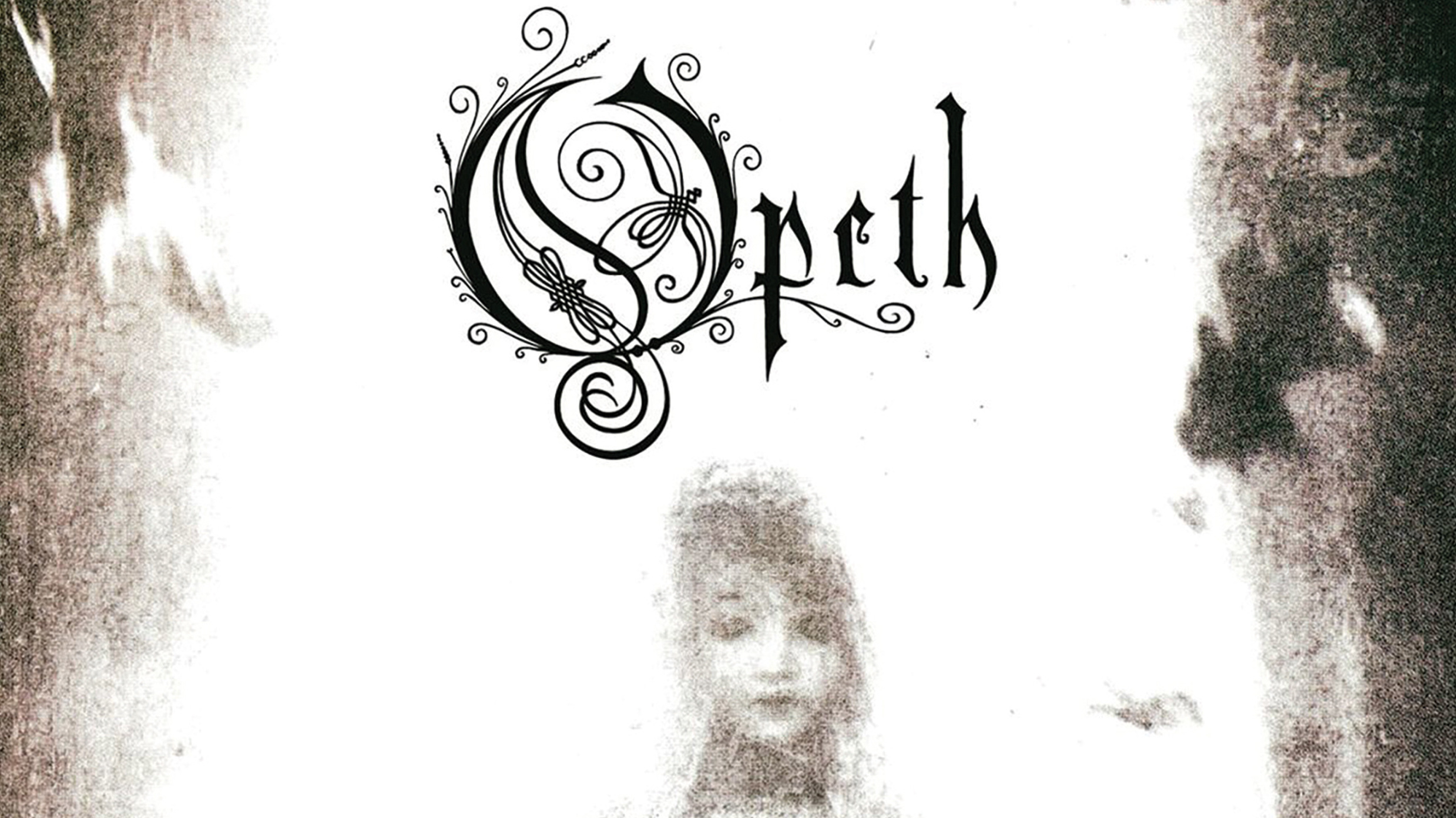Anyone requiring a snapshot of how Scandinavian progressive doom metallers Opeth broadened their horizons during the pivotal early 2000s phase of their career should have a look at the classic live DVD of their two show set in London in 2003. Oh, you’re an Opeth fan and you already have? Well, erm, maybe you could buy the CD version, just for the music. Hang on, you have that as well?
Maybe you mean the 2006 US release of this show in a CD box set, or the 2CDs that were included in a 2012 box set with another reissue of said DVD? Confused? So are we. But now, the sounds come boxed on triple heavyweight vinyl.
A turning point for the band – any reason to revisit is welcome.
Label issues meant Mikael Åkerfeldt’s boys couldn’t play anything pre-2001 on these sets, but that actually helps it to represent a neat light-and-shade show of two halves that contrasts the slower, more contemplative Opeth with the growling metal behemoth that fans had come to know and love. The former incarnation reached maturity with 2003’s Steven Wilson-produced album Damnation, recorded at the same time as the previous year’s heavier Deliverance set. (Both were ultimately released in the intended tandem style earlier this year.) In a way these two shows represent the yin-yang contrast Opeth always planned to present, with a Damnation-based set followed by a heavier second half of the show leaning on Deliverance and 2001 fan favourite Blackwater Park.
While these live cuts are never going to have the clarity of a studio recording, they instead capture the sense of space and the vibe of breathless anticipation you get at all the best gigs. We’d even consider it no bad thing that you can even hear the crowd chatter from the bar during the softly organ-laced moments of Weakness. At least it adds to the sense of being transported back to a certain place and time.
Highlights? You’ll probably have your own choices of those. The slow-building sense of foreboding in Death Whispered A Lullaby and the mournful moodiness of To Rid The Disease stand out to these ears, before the machine-gun bass drum and lurching riffage of Master’s Apprentices introduce the latter set in monstrously thrilling fashion.
Of course, Opeth have since gone on to blend the quiet and loud sides of their identity seamlessly, most recently on 2014’s Pale Communion, where their more melodic tendencies came to the fore once again. But this moment in time will always represent a turning point for one of Europe’s premier prog metal artists, and any reason to revisit it is to be welcomed.

